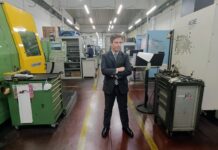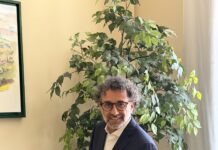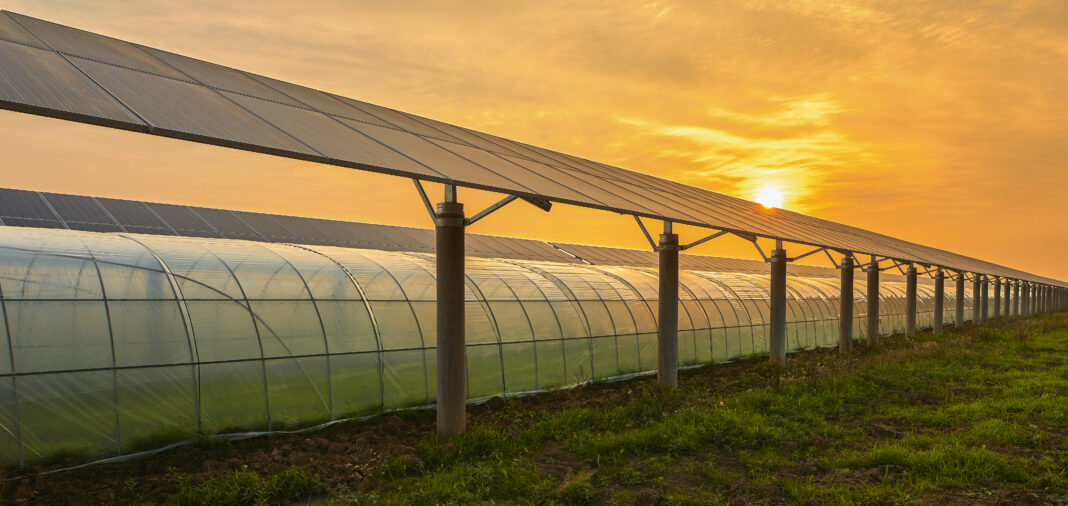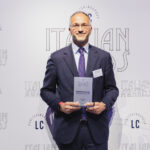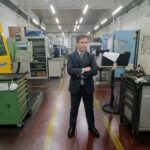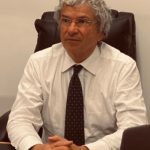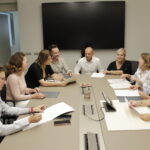Circular economy and corporate social and environmental responsibility: the business project of ACN Contract, an innovative company with a green heart that has been active in the construction and photovoltaic engineering market for over 50 years, starts from these ethical values. Fabrizio Aniello, COO and Founder of this all-Italian excellence – a far-sighted entrepreneur who in 2006 understood the importance of focusing on renewable energies to reduce our ecological footprint and preserve the future of our Planet – in this long interview talks about the future challenges that the Latina-based company is called upon to face in an increasingly globalised, competitive and sustainable market.
by Roberta Imbimbo
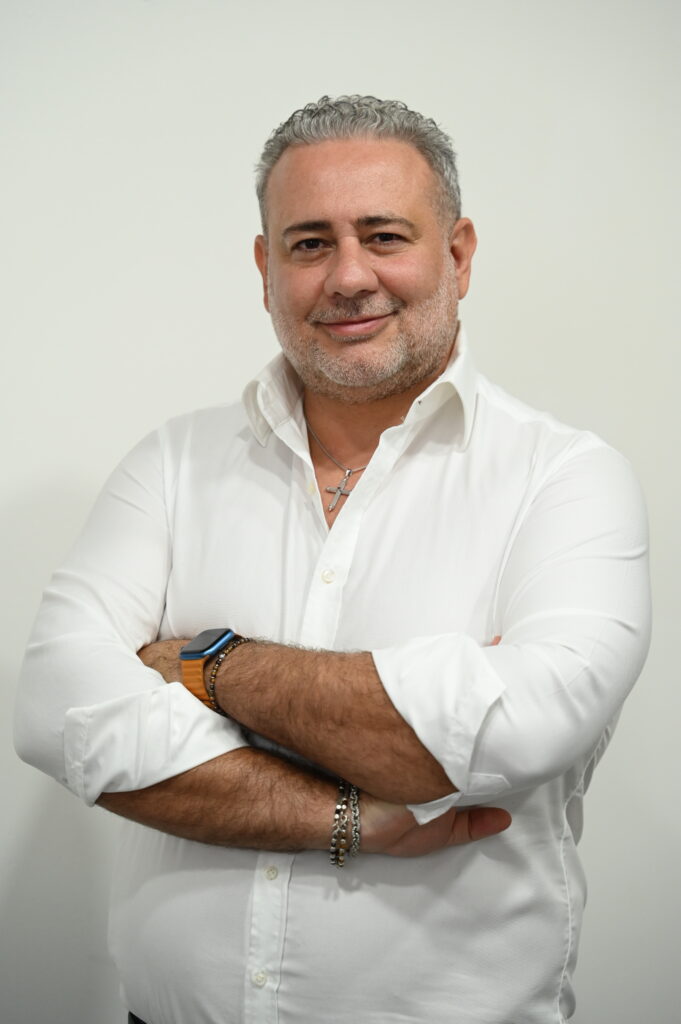
Dr Aniello, with what mission was ACN Contract born? And what is its core activity today?
Founded back in 1975 with the aim of asserting its leadership in the building construction and renovation market, in 2006 the company expanded its core business to other strategic activities, investing significant resources in the field of renewable energy and, in particular, in photovoltaic engineering. Thanks to a far-sighted vision and an innovative business approach, ACN Contract is today an important reference point for the development of large-scale photovoltaic systems throughout Italy. An all-Italian, future-oriented excellence with a green heart, which has been able and willing to combine economic growth objectives with a sustainable development policy.
How?
By acting responsibly on several fronts. In fact, our mission is to produce clean energy and reduce CO2 emissions, making a commitment to achieve Carbon Neutrality by 2050, in order to contain the dramatic problem of climate change. To achieve this very ambitious goal, we understood the importance of focusing on renewable energy back in 2006. A choice now reinforced by the global energy crisis triggered by the Russian invasion of Ukraine, which has pushed many countries to use alternative energy sources to replace the natural gas supplies that Russia has withheld from the market. However, our commitment to a more sustainable future has gone even further, to the point of creating the conditions necessary to give a second life to abandoned, neglected or scrubby fields. By purchasing land that has been abandoned but is nevertheless suitable for the development of PV systems, studying its conformation and resuming cultivation in accordance with the characteristics of the soil (a qualified team of agronomists indicates which product should be grown on each individual plot), it is now possible to achieve several results, all equally important producing electricity with highly advanced plants, thus facilitating the energy transition; using the agro-voltaic system to enhance the soil by giving it new life (photovoltaics are in fact a valuable ally of agriculture); giving more finance to farms by making them, as far as possible, also more innovative. The ultimate goal must be a perfect productive synergy in which crops and solar panels influence each other positively, improving the eco-systemic quality of sites.
What kind of market is it in which you operate? What peculiarities distinguish you from your competitors?
In addition to the experience and professionalism gained over many years of activity, highly specialised know-how, and a young and motivated team of 70/80 people, our main strength lies in our ability to be able to valorise abandoned land by building high value-added agrovoltaic plants. We were the first in Italy to demonstrate that today it is possible to produce clean energy and at the same time preserve the continuity of agricultural and pastoral cultivation activities on the installation site, preserving the agricultural nature of the area without impacting production: both photovoltaic cells and cultivation have in fact in common the need to capture solar energy, and from the intersection of the two areas it is possible to achieve a good result without further land consumption. The reluctance towards solar installations is therefore the result of ignorance and therefore totally unjustified. Also and above all, when it comes to the disposal of the installations. In fact, the panels are made of non-toxic and recyclable materials (glass, copper, aluminium and plastic) and, when they exhaust their function, can be easily removed and totally recycled, thus feeding the circular economy. Moreover, when issuing building permits, we are obliged to issue a surety guaranteeing the proper disposal of all materials used. This is therefore a precise corporate responsibility for us: we have always been attentive to our environmental impact, and over the years we have developed new models of sustainable development that enhance a corporate culture increasingly aware of its social and environmental role, with the aim of preserving the ecosystem in which we live. This is a constant commitment also made of technological innovations that over the years have strengthened the green heart of our company.
So many goals have been achieved in so many years of presence on the market. Future goals?
Our hope is to become a direct producer of electricity from renewable sources by 2030, starting with the indigenous production of the plants themselves. Last but not least, we would like to grow further in our target market, combining innovation and sustainable development, and always looking to the future, in order to proactively anticipate the needs of an ever-changing market.

